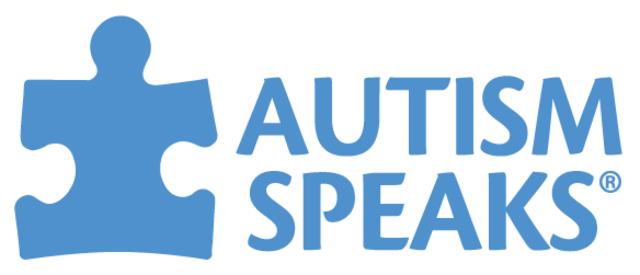
Rebecca Jozwiak | Staff Writer
April is known for a handful of celebrations including April Fools Day and Earth Day. One celebration, though, lasts the entirety of April: Autism Awareness Month.
Autism Awareness Month aims to educate the general public on autism spectrum disorder (ASD) and individuals who are affected by autism. The campaign also highlights how individuals who are on the spectrum can navigate their life like people who are neurotypical.
Even with a month dedicated to autism awareness, the general public still lacks a proper understanding of what the disorder is.
Created in 2005 as a non profit organization, Autism Speaks is dedicated to helping individuals navigate autism through advocacy, events and research. The foundation was built on the idea that a cure for autism needed to be found, and had the word ‘cure’ in their mission statement up until 2016, according to The Huffington Post.
The National Institute of Mental Health defines ASD as a “neurological and developmental disorder that affects how people interact with others, communicate, learn and behave.” It’s often described as a “developmental” disorder, as autistic traits usually appear in the first two years of life. Autism is a lifelong disorder that can not be cured – but can be treated.
On the About page of Autism Speaks’ website, the organization boasts statistics of how they’ve contributed to autism: $4.6 billion dollars have been used for authorized federal research funding, while $218 million was invested in scientific grants and projects. Over 27 million people have received “free autism information and resources.”
However, Autism Speaks does not specify the kind of information and resources that are given out to the general public, but is able to go into detailed information about how large money investments have gone to grants and research into autism. Why has this money not gone to working with the autism community and how to teach them about their diagnosis and how to cope with it?
In the group’s 2018 990 Non-Profit Tax Exemption form, it stated that 1% of their finances were spent on family services, while 20% was spent on fund raising. In 2022, less than 1% of fund raised money went to family services, and spent 50 times as much on fund raising with 50% of their 2022 funds going to it.
19 out of the 28 members currently on the Autism Speaks board represent major corporations, such as Goldman Sachs, Mastercard and Johnson & Johnson. In addition to this, representatives from these companies are either a former or current CEO or senior executives. Only two out of 28 people on the board – which is 0.07% – have diagnosed autism.
Why should people support an organization that lacks visibility on their board, and who lack easily accessible information regarding autism on their website?
Why should we be okay with major companies associating with the organization when less than 1% of funds go towards therapies and awareness groups to support friends and family members who are on the spectrum?
Autism Speaks has also been a magnet for controversy in the media. In 2009, the organization published a video entitled “I Am Autism,” depicting the disorder as an invisible illness that ultimately ruins the quality of life for individuals with ASD and family members or friends who are affected by someone with autism.
“I work faster than pediatric aids, cancer and diabetes combined, and if you’re happily married, I will make sure your marriage fails. Your money will fall into my hands, and I will bankrupt you for my own-self gain … I will make it virtually impossible for your family to attend a temple, birthday party or public park without a struggle, without embarrassment, without pain. You have no cure for me,” the narrator said in the video.
There’s a lot wrong with this excerpt from the organization’s video. It essentially advertises autism as a death sentence for peers and family members who are affected by the disorder, creating little to no hope for individuals with autism to live their life without devastating social, financial, and health consequences.
Although it is not a physical disease, symptoms of autism include constantly repeating words or phrases, trouble with social cues, poor communication skills and delayed movement skills, according to the CDC.
There is no evidence that autism can ‘work faster’ than debilitating diseases such as pediatric AIDS or cancer. Along with this, each instance of autism looks drastically different for each individual with the disorder, which is why the concept of a spectrum is utilized when speaking about the disorder.
Autism deserves more than one month for awareness. Autism also deserves a proper explanation, supported by ways to understand individuals with ASD. Those on the spectrum do not bite, and have the same capabilities that we do – they want to be our friends, and we should never forget that.
Autism Speaks is not your friend. They are an operative company that benefits from donations from those who are not completely aware of autism and how their money is being used.
Instead of donating to a website that claims to have your best interests at heart, say hello to someone on the spectrum. Be kind, and try to get to know them. The best form of awareness starts face to face – and when you understand more you may end up with a new friend.

